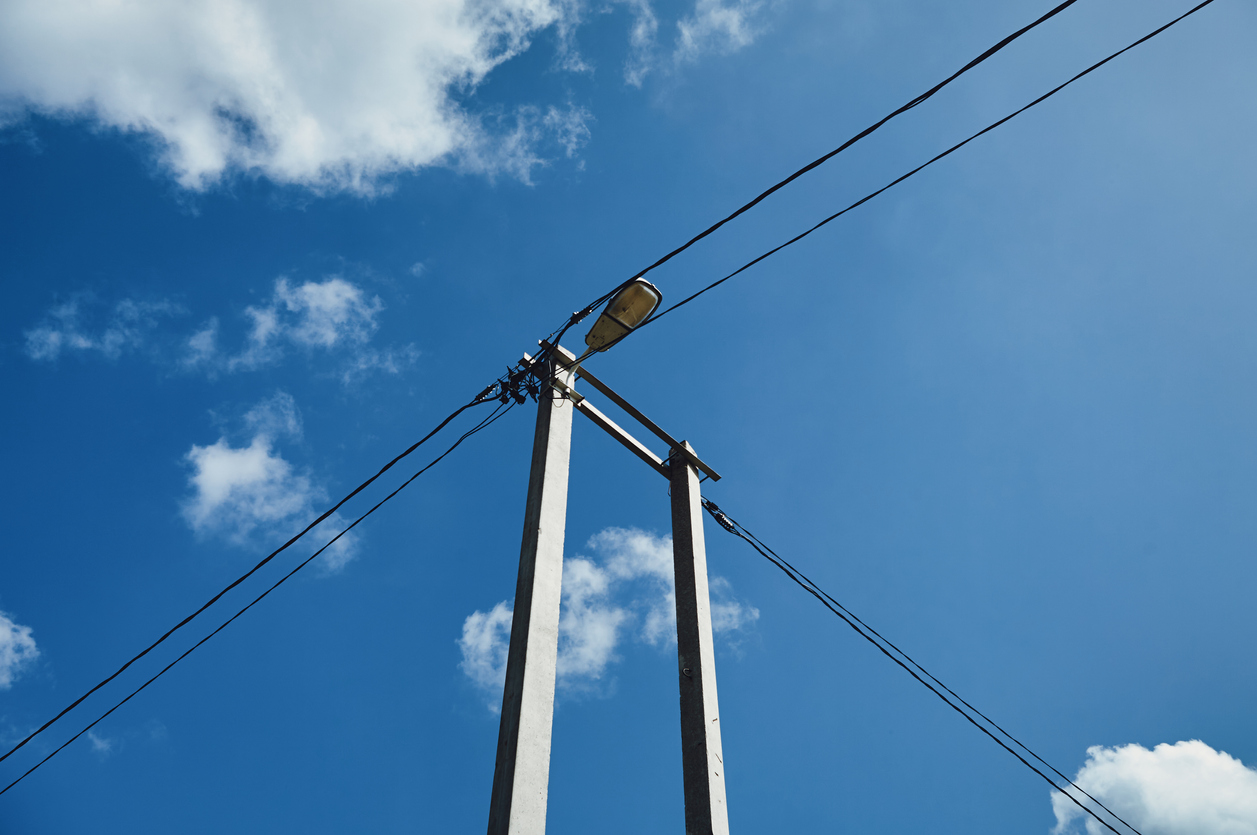Nigeria’s Top Manufacturer of Concrete Poles
Concrete Poles Production Process in Nigeria
Nigeria has the fourth-largest population in Africa and the 21st largest in the world. It also has abundant natural resources – including petroleum, natural gas, gold and various minerals – to support its booming economy. Concrete poles are used to support electrical wiring on homes and businesses. Their production process varies depending on the type of concrete pole. However, all types have similar steps when producing them in Nigeria. The main raw materials that go into the production of concrete poles include sand, water, cement, steel reinforcement bars and other additives such as fiberglass or polyethylene. Producing these is not difficult if you understand the basic manufacturing process for these products:
Step 1: Digging and transporting the sand
Sand is used to make concrete. Digging sand and transporting it to a processing plant is the first step in the production of concrete poles. In Nigeria, sand is mined in the southeastern part of the country. It is an extremely affordable material, and it can be transported in bulk to the processing facility via trucks. The quality of the sand used in the production of concrete poles depends on the type of concrete poles being made. Coarse sand is used to make concrete poles. It is used to make the outside portion of the concrete pole. Fine sand is used to make the insulating portion of the concrete pole.
Step 2: Producing cement and mixing materials
The production of cement is a crucial step in the production of concrete poles. Good-quality cement should be used in the production of concrete poles because it is the main binding material that holds all the other materials together. It must be mixed well with water and other materials before being used in the making of concrete poles. If a cement-mixing machine is used, the operator must carefully follow the specified conditions and settings in the machine’s operating manual to produce high-quality cement.
Step 3: Forming the concrete poles
In order to form the concrete poles, the cement is mixed well with the sand and other materials. The concrete is poured into long steel pipes, which have been previously set up vertically on a surface. The cement-sand mixture is allowed to set for a specified amount of time (usually one or two days). After the mixture has dried and hardened inside the steel pipe, workers use a machine to cut the concrete pipe into shorter segments. The segments are removed from the steel pipe, making it easier to transport them to the place where they are needed.
Step 4: Drying the poles
The drying process is important in the production of concrete poles. It allows the concrete poles to cure. Curing helps to strengthen the concrete poles, making them more durable. To dry the concrete poles, workers place them in a curing facility, where they are exposed to hot air. This allows the concrete to dry thoroughly.
Step 5: Painting the concrete pole
Painting the concrete poles helps to protect them from the elements. Resistant paints can help the concrete poles to last longer. Some paints contain ultraviolet (UV) inhibitors, which help to protect the concrete poles from UV damage. Concrete poles are painted with paint that is specially designed for them. In Nigeria, workers may use an epoxy paint, which is resistant to corrosion and can last for many years.
Concluding Words
Concrete poles are an important part of electrical wiring. They are used in both commercial and residential buildings to hold electrical wiring. The production of concrete poles requires careful planning and execution. The manufacturing process is generally the same for all types of concrete poles. However, the final product will vary depending on the type of pole being made.








LEAVE A COMMENT
You must be logged in to post a comment.